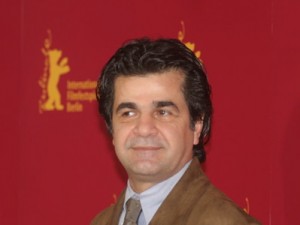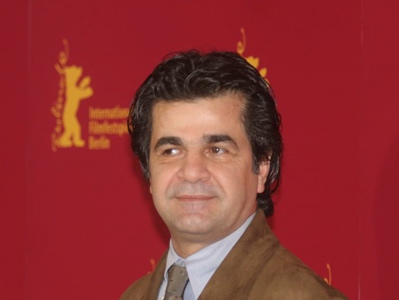 (Reuters) -�Iran�criticized the European Union on Sunday for giving its prize for human rights and freedom of thought to two Iranians, a lawyer and a filmmaker, who were cut off from the outside world for defying the country's leadership.
(Reuters) -�Iran�criticized the European Union on Sunday for giving its prize for human rights and freedom of thought to two Iranians, a lawyer and a filmmaker, who were cut off from the outside world for defying the country's leadership.The European Union awarded human rights lawyer Nasrin Sotoudeh and filmmaker Jafar Panahi with its Sakharov Prize for their courage in defending fundamental liberties.
Iranian Foreign Ministry spokesman Ramin Mehmanparast said the decision in October to honor Sotoudeh and Panahi was a political move.
In comments relayed by state television, Mehmanparast said the EU took a "selective attitude" towards human rights, failing, for example, to take action when�Israel�attacked Palestinians.
Named in honor of Soviet-era scientist and dissident Andrei Sakharov, the prize has been awarded by the European Parliament annually since 1988. The first recipients were Nelson Mandela and Russian author and dissident Anatoly Marchenko. Russian punk group Pussy Riot was also nominated this year.
Sotoudeh, who is 49, was arrested in September 2010 on suspicion of spreading propaganda and conspiring to harm state security. She is now serving a six-year jail sentence in solitary confinement.
She has defended journalists and rights activists including Nobel Peace laureate Shirin Ebadi and Zahra Bahrami, a woman with dual Iranian and Dutch nationality who was hanged in January 2011 on drug trafficking charges.
Earlier this month, Sotoudeh ended a hunger strike lasting nearly 50 days after authorities lifted a ban on her young daughter travelling abroad.
Panahi, 52, has been held under house arrest since December 2010. He began his career as a cinematographer for the Iranian army and became a prize-winning director, winning the top prize at the 2000 Venice Film Festival with his film "The Circle".
In December 2010, Iranian authorities found Panahi guilty of making anti-government propaganda and was placed under house arrest.
By Reuters
The Iran Project is not responsible for the content of quoted articles.











